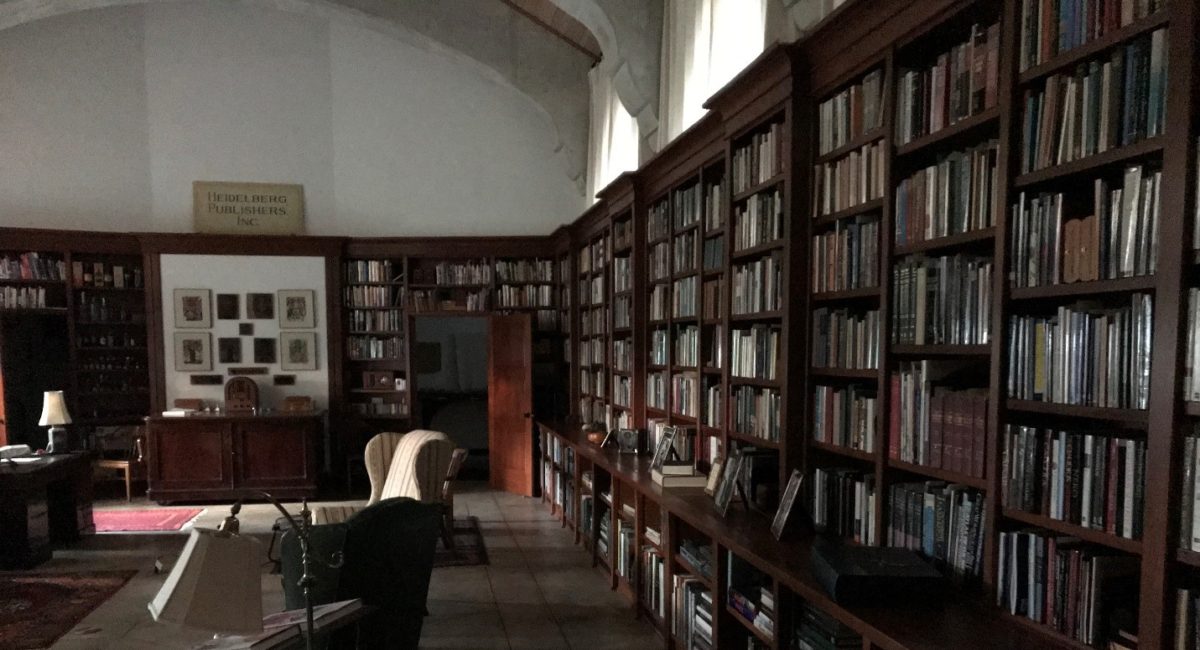Putin’s One Weapon: The ‘Intelligence State’ ,
Russia’s leader has restored the role its intelligence agencies had in the Soviet era — keep citizens in check and destabilize foreign adversaries.
By John Sipher
Mr. Sipher, a former chief of station for the C.I.A., worked for more than 27 years in Russia and other parts of Europe and Asia.
Build Central America, Not a Wall
Help fix these broken countries so fleeing north won’t seem so urgent.
By The Editorial Board
Both of these stories appeared in today’s (Feb. 25th) New York Times. It’s important to note that each of these articles deals with one of the biggest threats to global peace (and yes, even prosperity) in the 21st Century: instability. Political, economic, and social stability are absolutely necessary for achieving and maintaining a functioning democracy. Any threat to stability is an existential threat, and we need to deal with it swiftly and wisely. And creating stability were none exists, should be high on the list of any democracy’s responsibilities.









